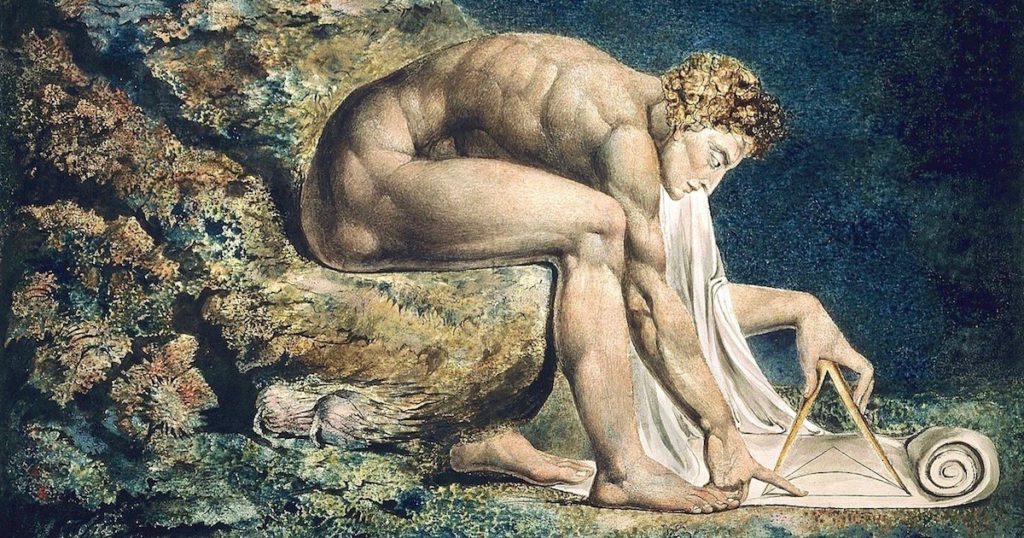 Faith & Science
Faith & Science
 Intelligent Design
Intelligent Design
Intelligent Design as an Invitation

Denyse O’Leary at Mind Matters cites a 2017 article by Professor Raymond Bergner who teaches psychology at Illinois State. He’s not a proponent of intelligent design but he makes the claim — that everyone who’s open-minded knows even as the media and academia deny it — that design in nature may exist or it may not. But to entertain the idea of intelligent design is not madness, foolishness, or wishful thinking. It can’t be. To see why, you only need to review the ranks of design proponents in history.
From, “Intelligent Design: Maybe True, Maybe False, But Not Absurd”:
Many extraordinarily intelligent and relevantly informed people believe and have believed in intelligent design. Famously, Isaac Newton, himself a heretic and hardly a slave to conventional religious belief, once stated that, “This most beautiful system of the sun, planets, and comets could only proceed from the counsel and dominion of an intelligent and powerful being.” More recently, Albert Einstein, a secular Jew who repeatedly affirmed his disbelief in a personal god, stated that, “the scientist’s religious feeling takes the form of a rapturous amazement at the harmony of natural law, which reveals an intelligence of such superiority that, compared with it, all the systematic thinking and acting of human beings is an utterly insignificant reflection.” Other great scientifically informed minds from the past (e.g., Galileo, Kepler, and Maxwell), as well as the present time (e.g., Francis Collins, Fred Hoyle, and Alan Sandage), have expressed essentially the same belief.
Not Just a Theory
Denyse notes interestingly that ID, in the form of cosmic fine-tuning, is not only a theory but a source of “hope”:
Fine-tuning is not only a fact but it comes with a hope. If you are a science fiction fan convinced we are not all alone here in the universe, you should take comfort in the fact that the universe appears to be fine-tuned for life. How we can reach other intelligent life forms is a separate question but at least you have a good reason to suppose they exist. It is certainly an incitement to keep looking and “boldly go.”
Bergner’s argument that design of the universe is a reasonable idea is not an endorsement of any specific theological or religious belief (a fact he makes clear). All such arguments must be based on other grounds and usually are.
All that design does is alert us to the fact that our consciousness of design is not an accident or an illusion. It’s an invitation to know more about who we are and why we are here.
Without the possibility of a design behind the universe, to ask “why” would truly be absurd. There would be no “why.” Even to ask “who” humans are would not be without problems. We would be nothing but “what” — cosmic flotsam cast up by chance. The invitation to explore a cosmos bearing meaning would be withheld from us.
